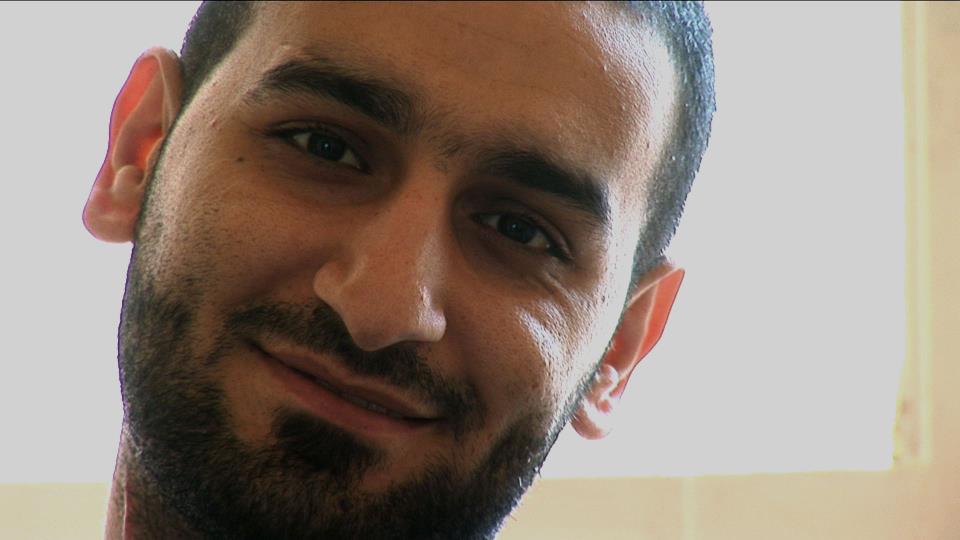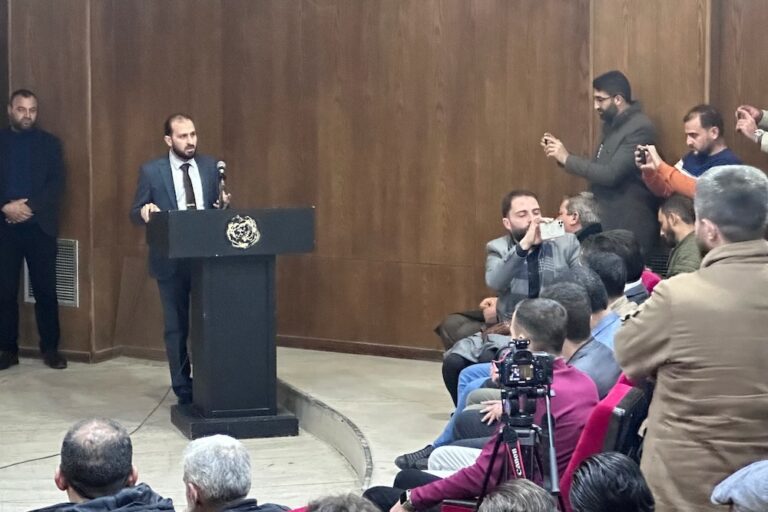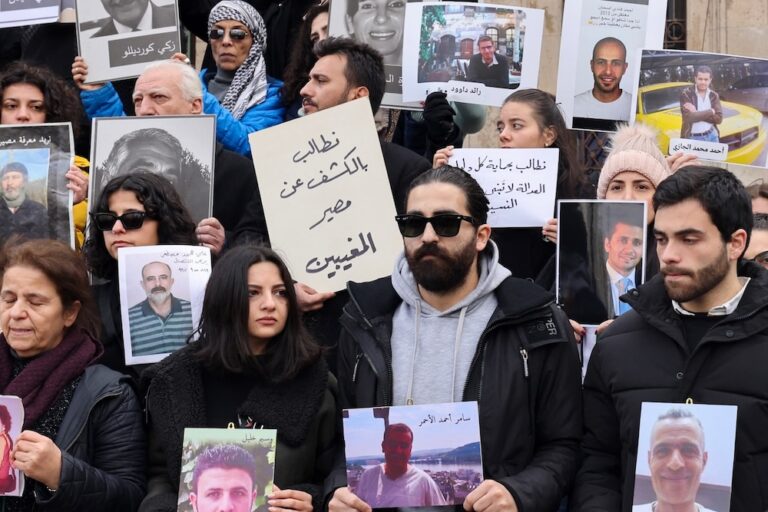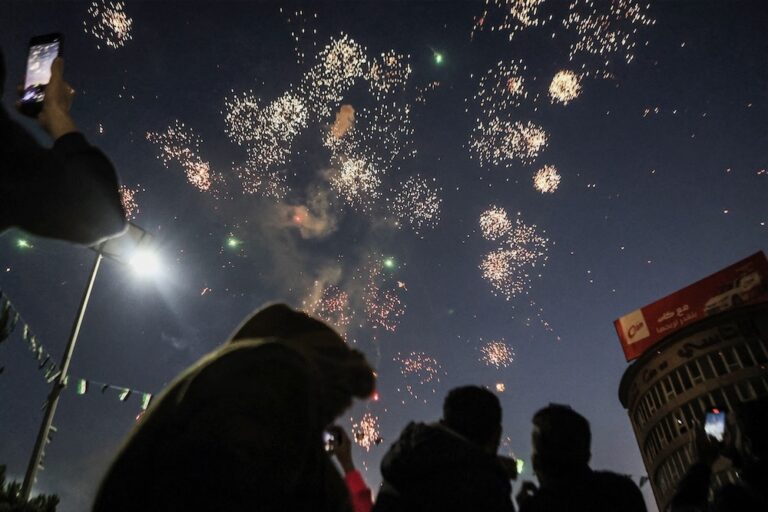Three years ago on 18 August 2015, citizen journalist and film-maker Osama al-Habali was arrested as he sought to cross the border from Lebanon into his native Syria. He has not been heard from since his disappearance.
This statement was originally published on pen-international.org on 18 August 2015.
Three years ago today, citizen journalist and film-maker Osama al-Habali was arrested as he sought to cross the border from Lebanon into his native Syria. He has not been heard from since his disappearance.
TAKE ACTION:
• Write to the Syrian authorities
• Share his films on social media
• Publicise his case in your country, particularly on 30 August, the International Day of the Victims of Enforced Disappearances
On 4 April 2012, citizen journalist and film-maker Osama al-Habali sustained life-threatening injuries to his neck and back as a result of shelling. After receiving treatment in Beirut and four months recuperation, he was arrested near the town of Talkalakh as he attempted to cross the border back into Syria on 18 August 2012.
Frustrated with the mainstream media’s approach to coverage of the crisis in Syria, al-Habali sought to make films that would serve as an alternative (follow this link to hear about al-Habali’s motivations in his own words). He began by filming protests in Homs, the heart of the Syrian revolution. His work was featured in several shorts for the award-winning Abounaddara Collective, an anonymous group of self-taught filmmakers producing weekly portraits of Syria during the civil war.
Three years after his arrest, al-Habali’s fate remains shrouded in mystery. Despite the circulation of various rumours suggesting variously his transfer to a military intelligence facility in Damascus, his release, his death, the Syrian government have yet to confirm his status or whereabouts. His family have not heard from him.
Click here to to do more for his case.
Background
At the beginning of the uprising which began in 2011, the Syrian authorities imposed a media blackout in an effort to hinder the reporting of impartial news from the ground. This blackout paved the way for the emergence of a citizen journalism movement, as an alternative media, with individuals reporting what is actually happening on a daily basis. This new media is being operated mainly by young men and women. Syrian citizen journalists have been particularly targeted for attack by the government’s forces. Since March 2011, hundreds of citizen journalists have been killed either by snipers from the security forces or under torture. Hundreds of others who have done nothing more than to witness, report, film, and photograph acts of violence have been arrested and many have been subjected to enforced disappearance by government forces. Writers and journalists in Syria are also amongst those at risk of political and sectarian violence from pro-government militias and armed opposition groups.



